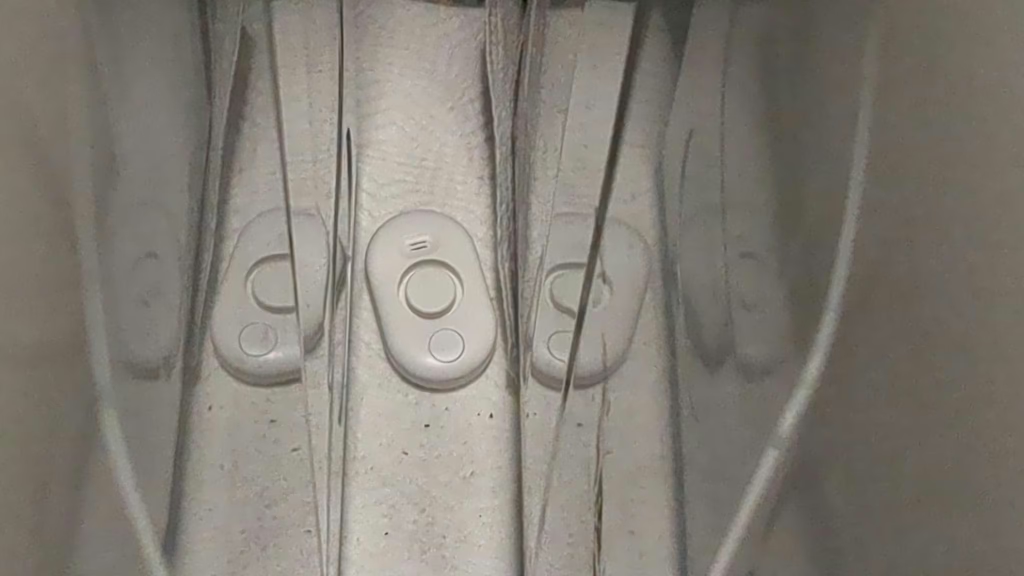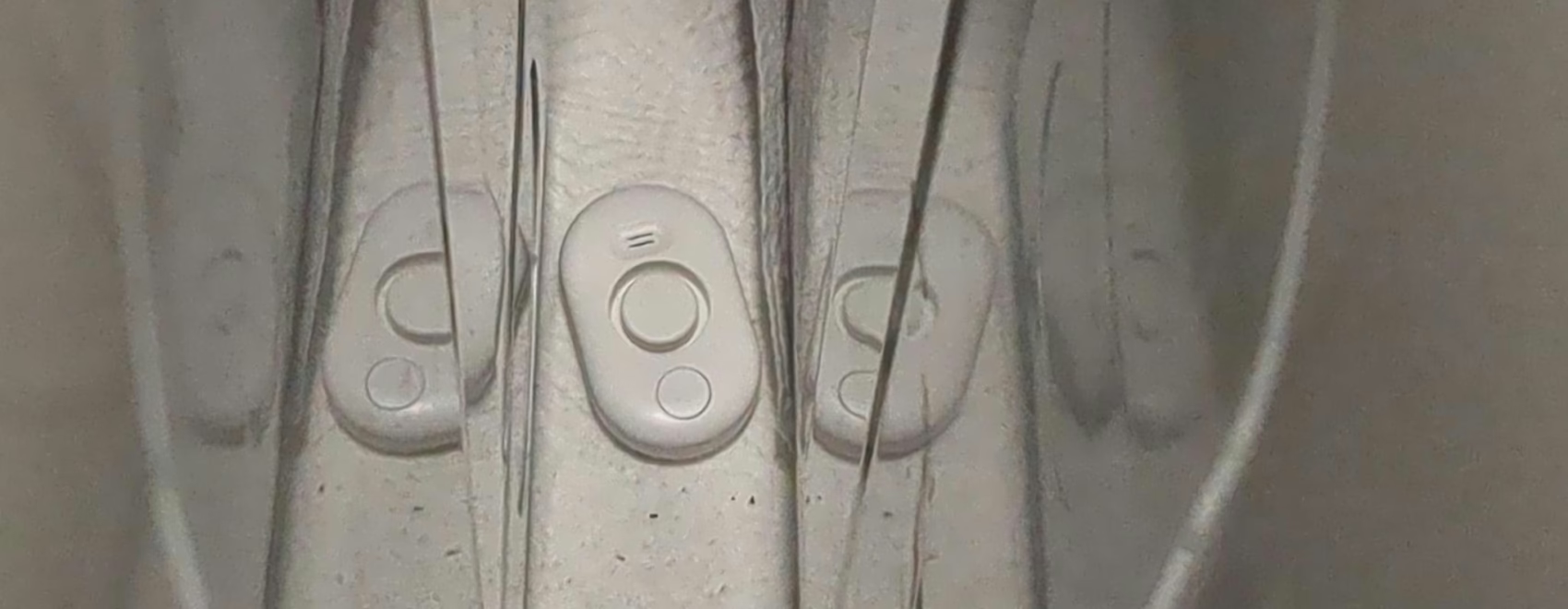
“Did you hear that? What is that noise?” We asked each other. We listened for a bit longer and it kept going. It sounded like it was coming from the fridge. Weird.
Hmmm. We both walked into the kitchen, ears perked.
Kathryn opened the freezer door. Water streamed out all over the floor. She grabbed a towel while I grabbed a wrench, jogged to the curb and turned the home water supply off.
We wrestled the fridge out and sure enough, the waterline had sprung a serious leak. Behind the fridge, we disconnected and turned off the water line. We mopped up the water, and the household was ready for another day (without the water dispenser working).
We were lucky.
If we had been away, we would have had a major water loss on our hands. Just an hour or two could have seen hundreds of gallons of water, running across our floor, seeping through every crack, and dripping through the basement ceiling and walls. If we were away for the weekend, it would have been disastrous.
Would our insurance have covered the damage?
The short answer is “yes.” Our home insurance and most home insurance policies would cover the damage from such a loss, after our $2,500 deductible.
So if the loss required $20,000 of repairs–not a crazy amount for a significant water loss–insurance would’ve covered nearly all of it. That is a major comfort and part of what the insurance is there for. A major help! Even so . . .
Would home insurance cover the hassle, the stress, and disruption of coordinating and overseeing all the repairs? Not even close. No insurance does.
Our little experience set me to investigating some of the ways to prevent water losses, or at least to catch them quickly.
How much better to avoid major damage in the first place!
The last decade has seen all sorts of leak detector devices that are pretty simple to use. There are three basic levels.
They’re all worth considering if you’re interested in preventing a loss.
Simplest
They are relatively inexpensive devices. They sense the presence of moisture and simply sound off.
These were a great fit for our situation because there’s nearly always someone at our house. I purchased a five-pack for about $40. And I put them on a paper towel under two of our sinks, by our washing machine, behind a toilet, and under our dishwasher.
I tested it. If the paper towel absorbs water, the device goes off like a smoke alarm.
Next Level Up:
Next up, you can get leak detectors that connect via wi-fi to an app on your phone.
I didn’t want another phone app and another device connecting to our wi-fi, but there is a definite advantage. You can be alerted to a leak even if you’re away from the house.
Next Next Level Up:
Finally, there are leak sensors that track the flow of water into your house over time. These can run $400+, but there’s a major benefit. If it detects a leak, this can be set to automatically shut off the incoming water line.
With a phone app, it can also send you alerts and information about your water usage, but the real benefit is that it just shuts the house water off. In other words, a lot less water, a lot less damage.
Some insurance carriers will also give a discount if you have this installed.
(Hot tip!: If you’re going on a long trip, you can also turn the water off to the house before you leave!)
In short, if you’re looking for some simple ways to prevent damage to your home, consider looking into water damage prevention!
Related Resources:
- Detecting Home Water Leaks: From Tualatin Valley Water District here in Oregon.
- Home Winterization tips.
Learn more About Us (actual people!), our Sensible Approach, or our Carriers.

